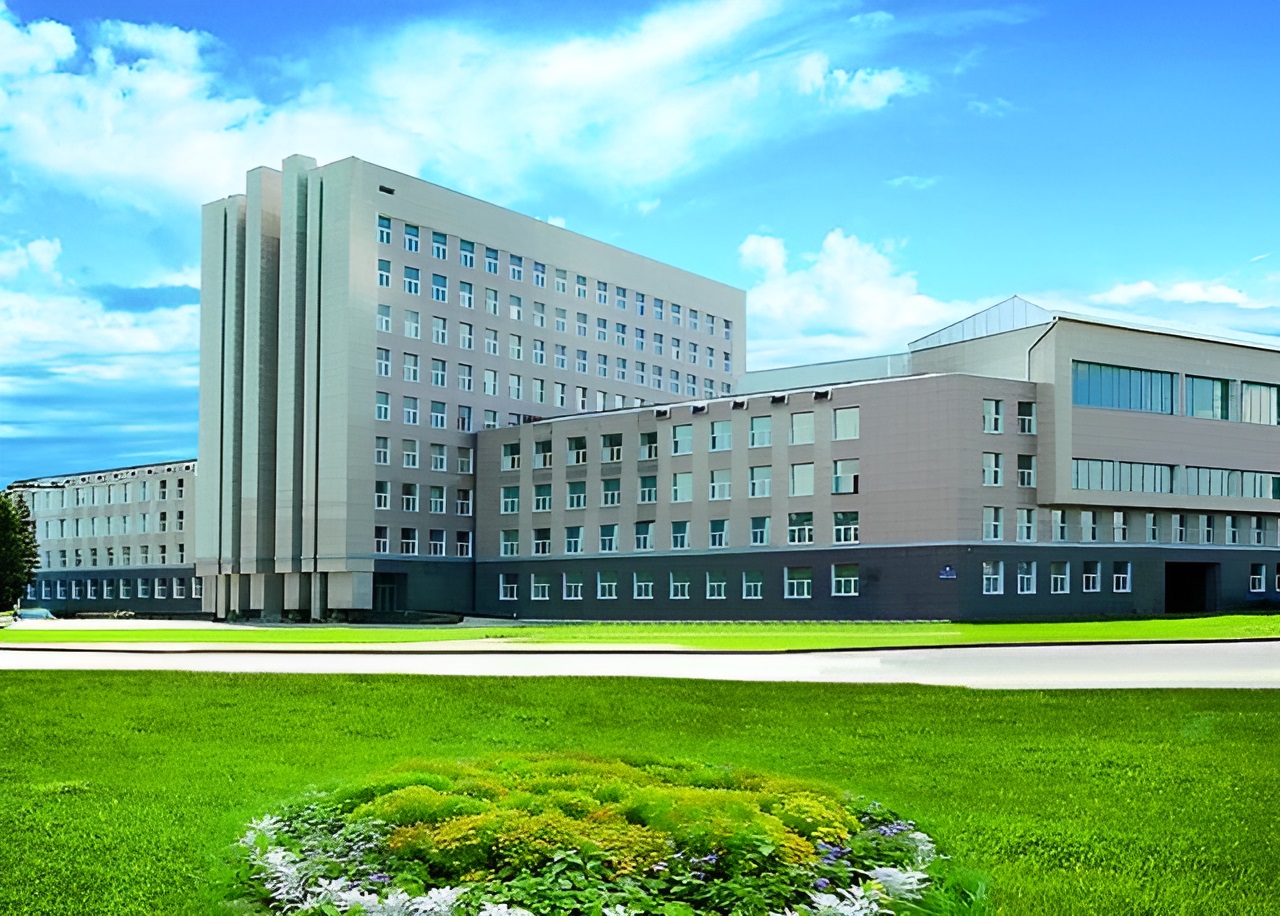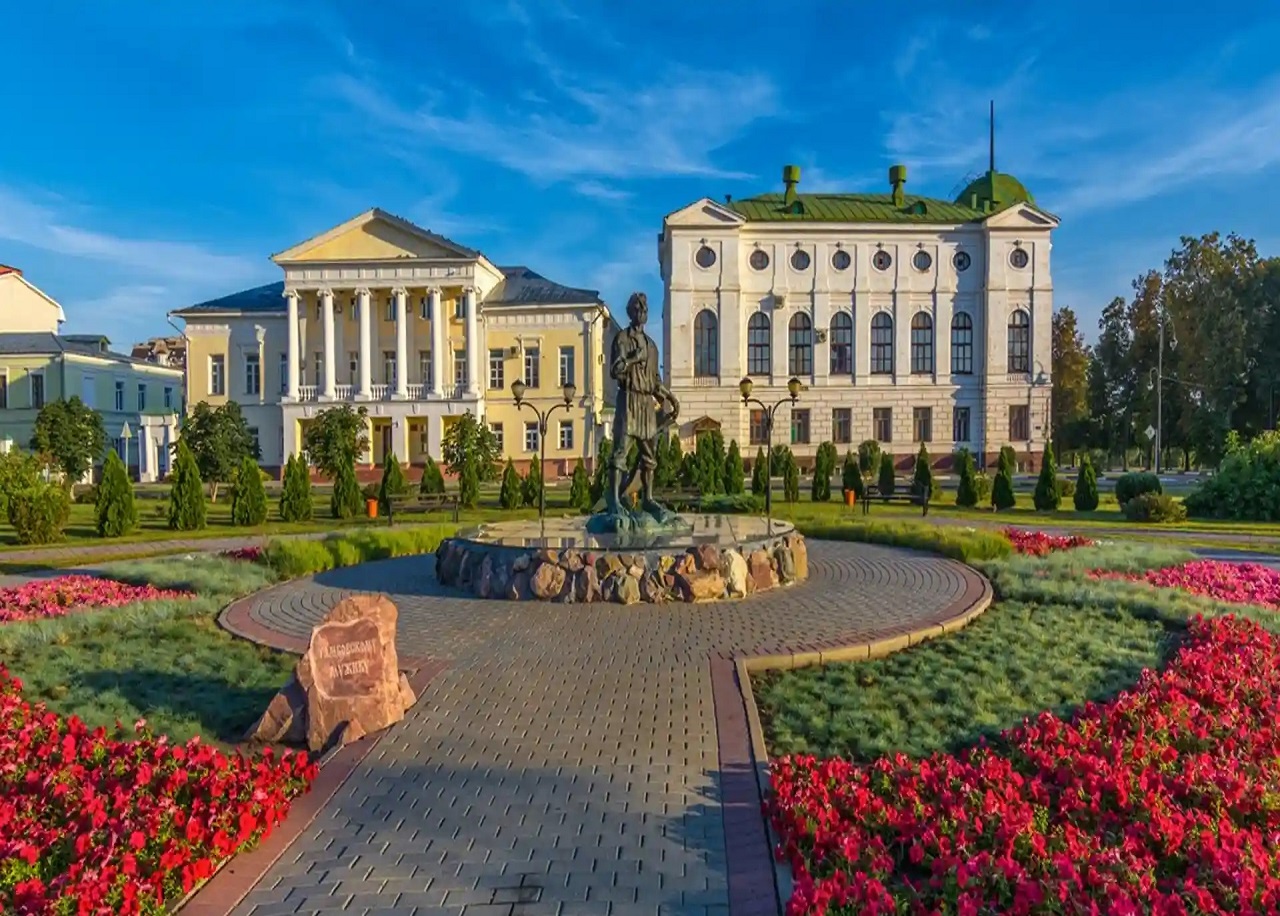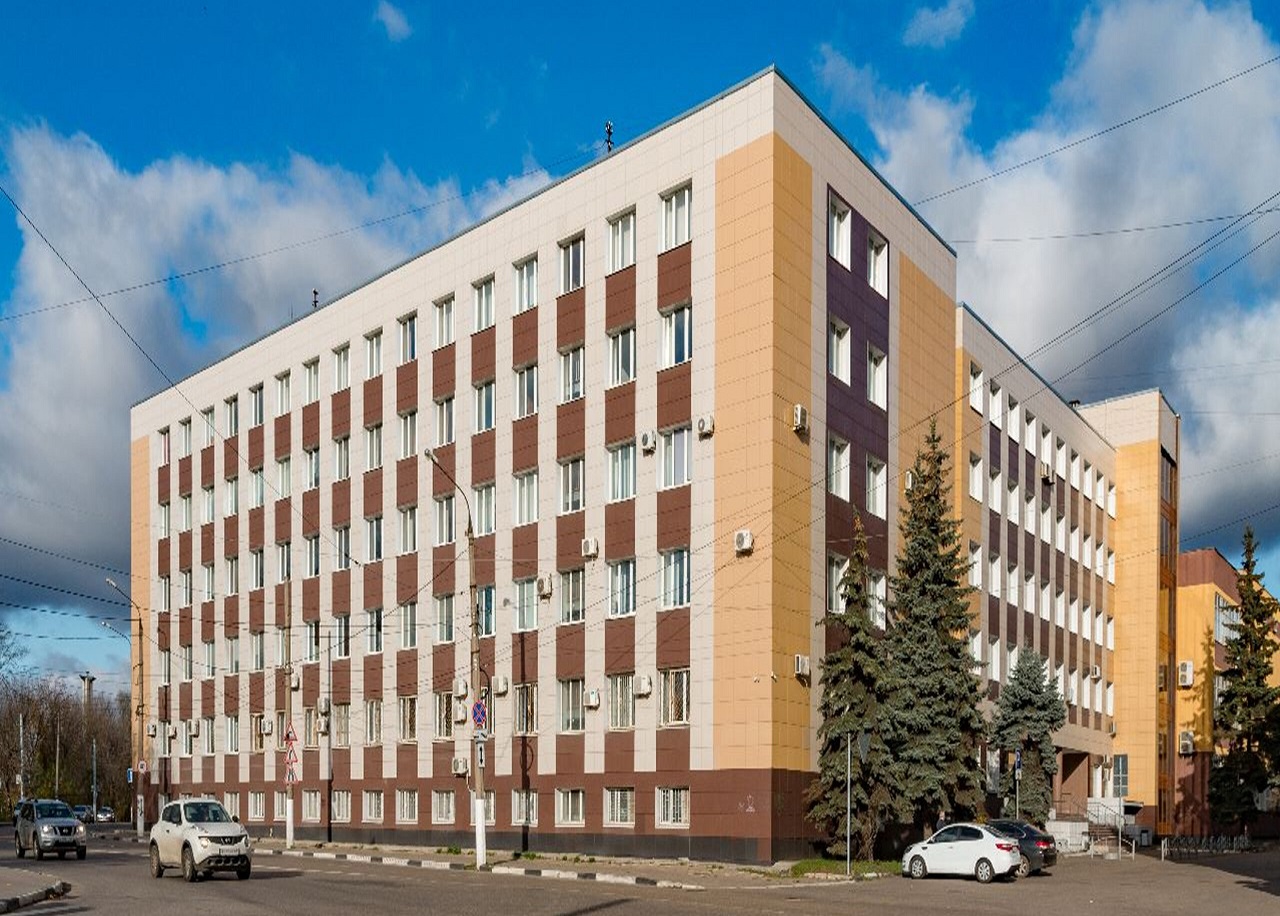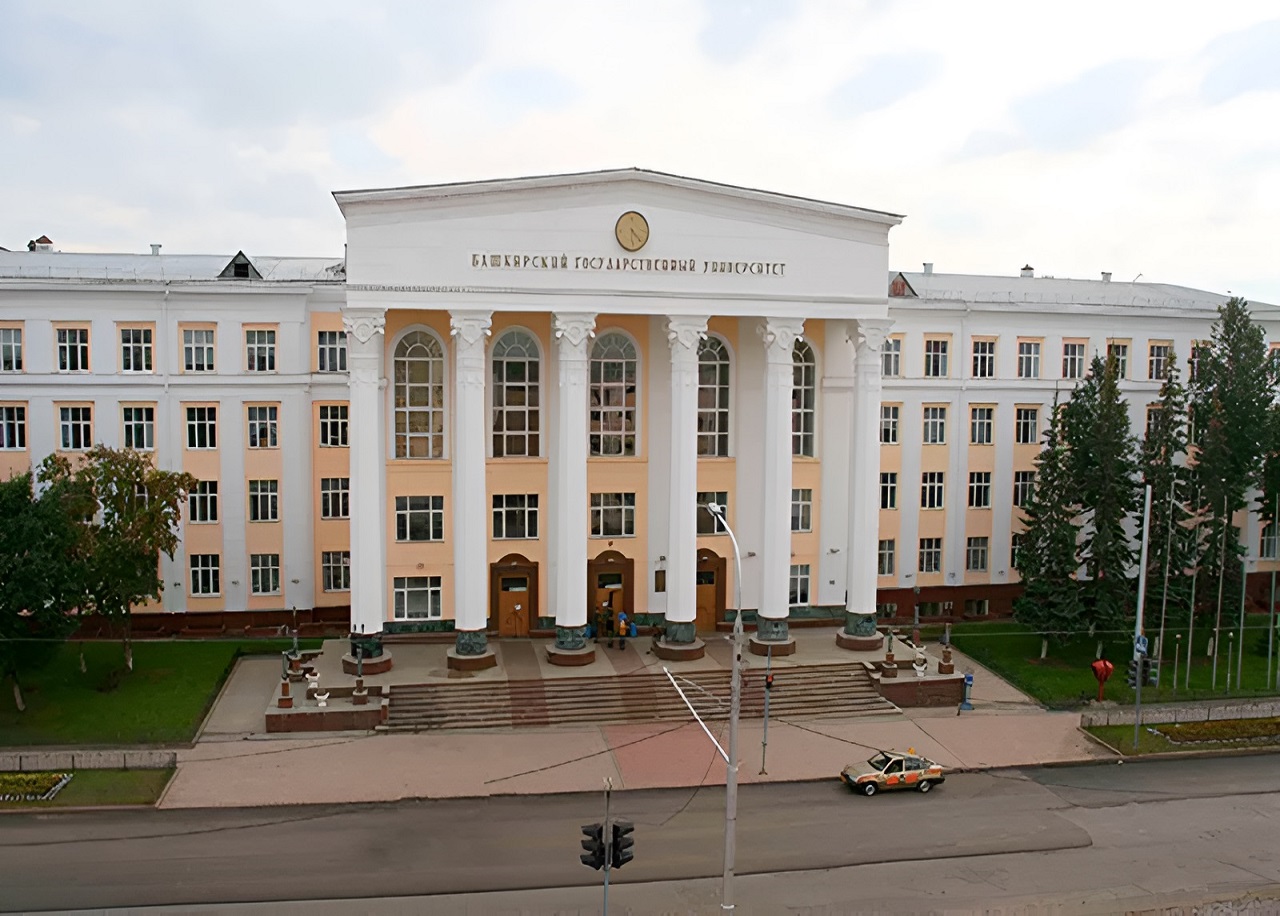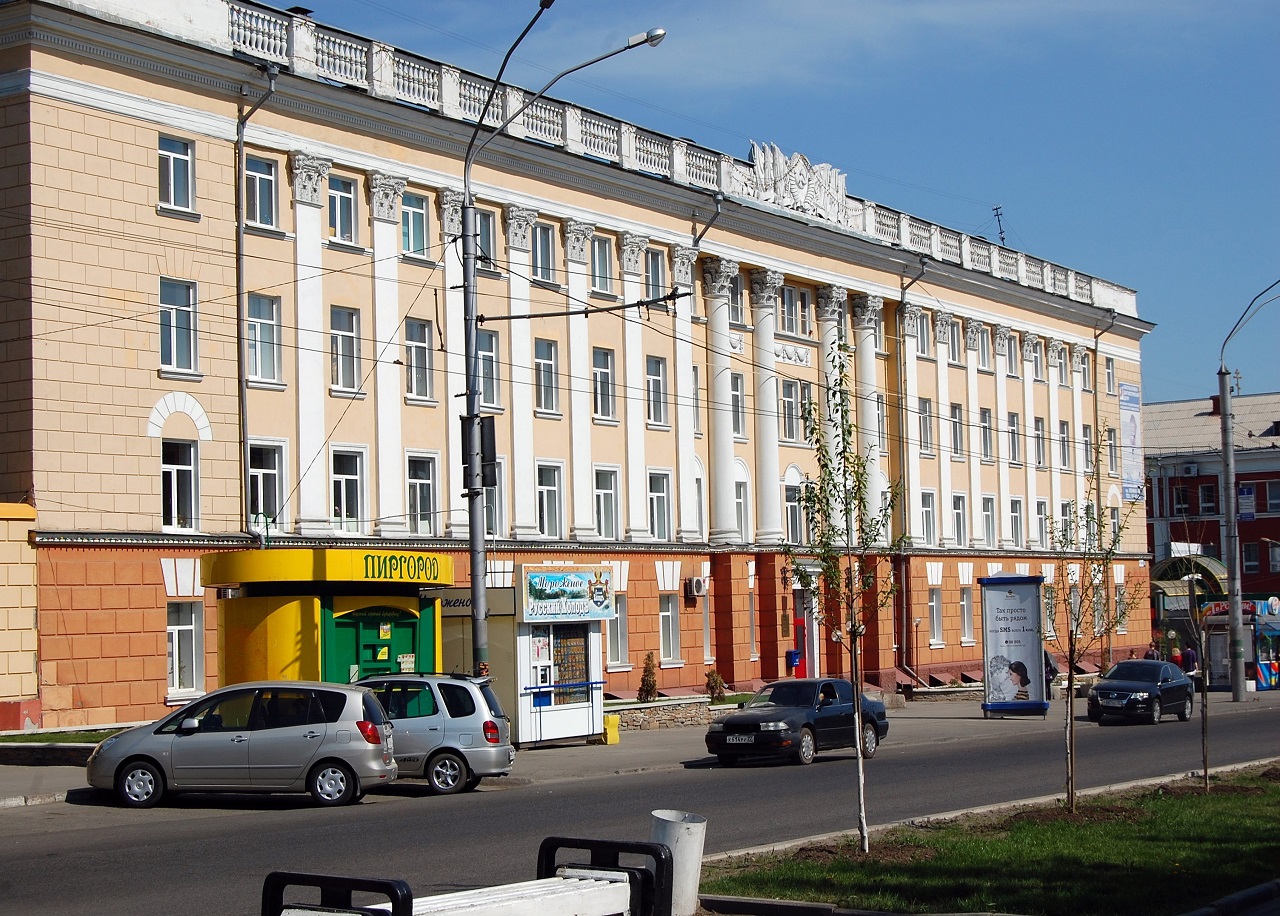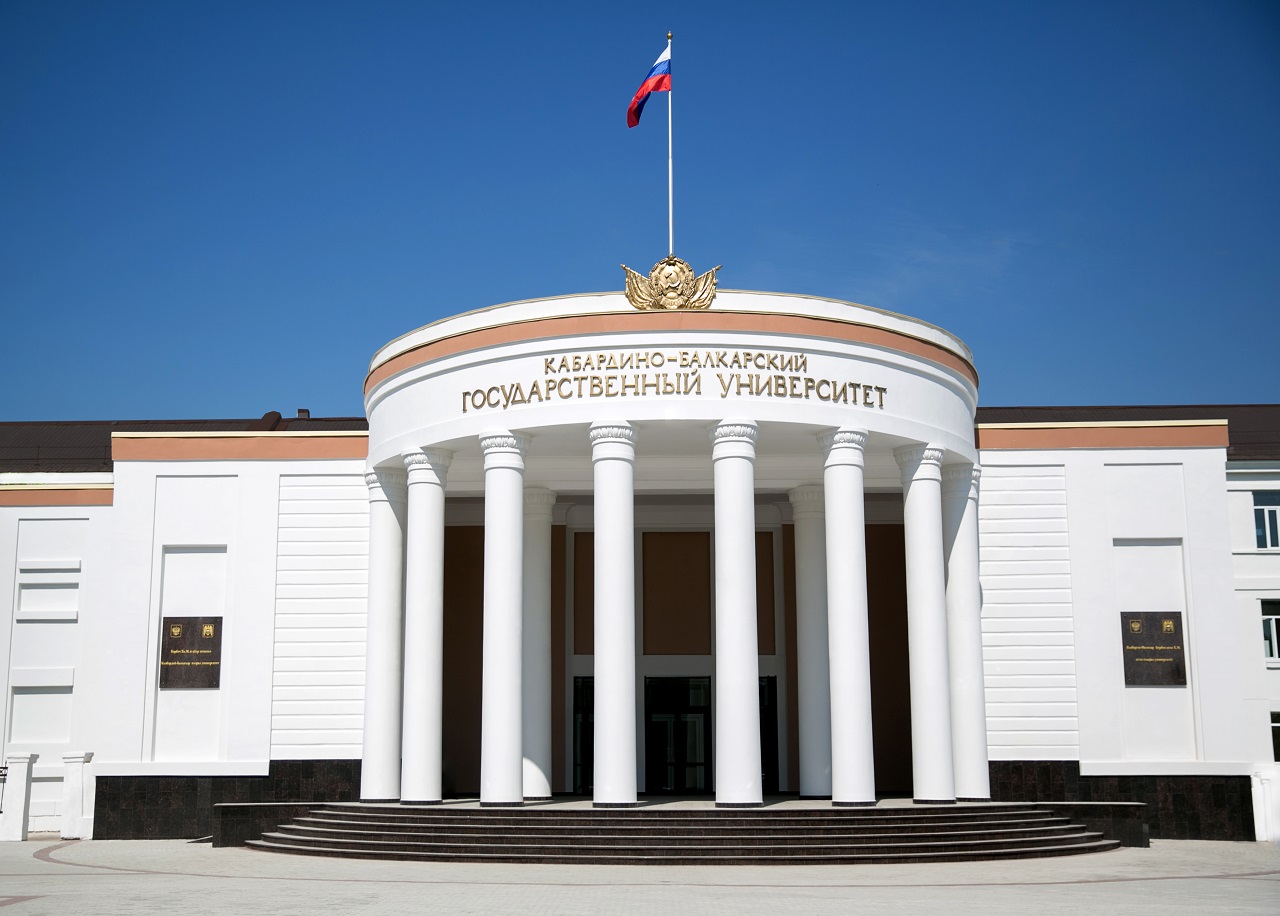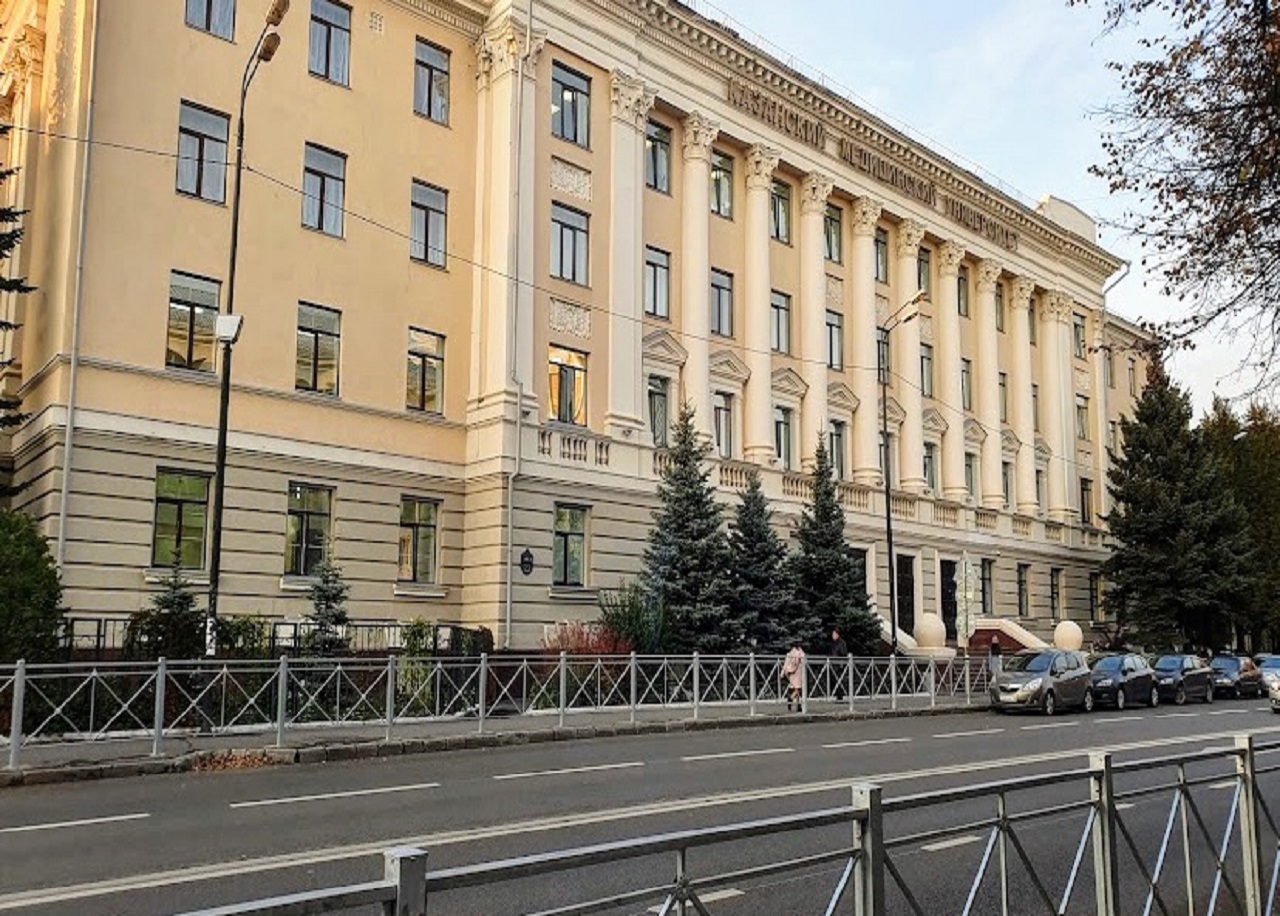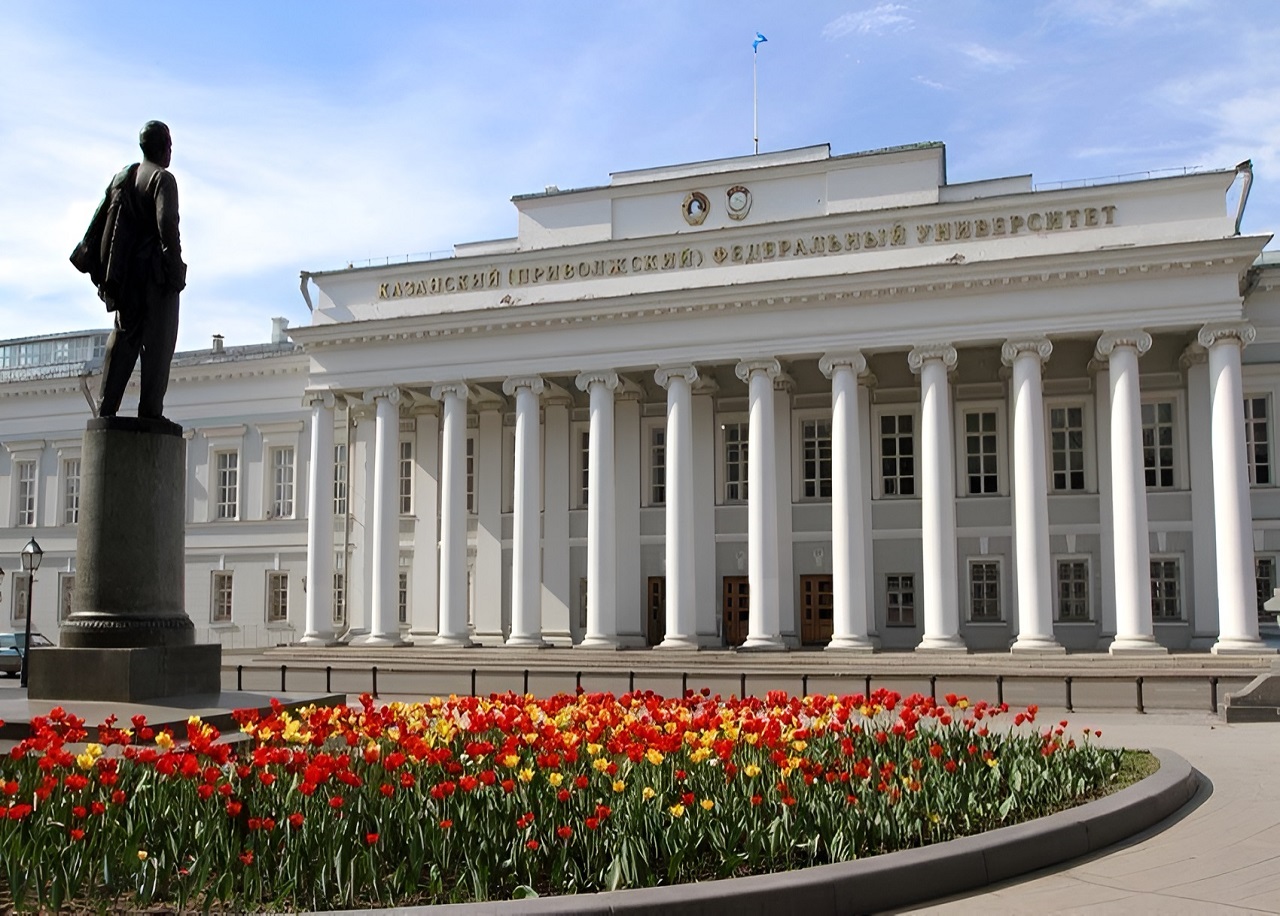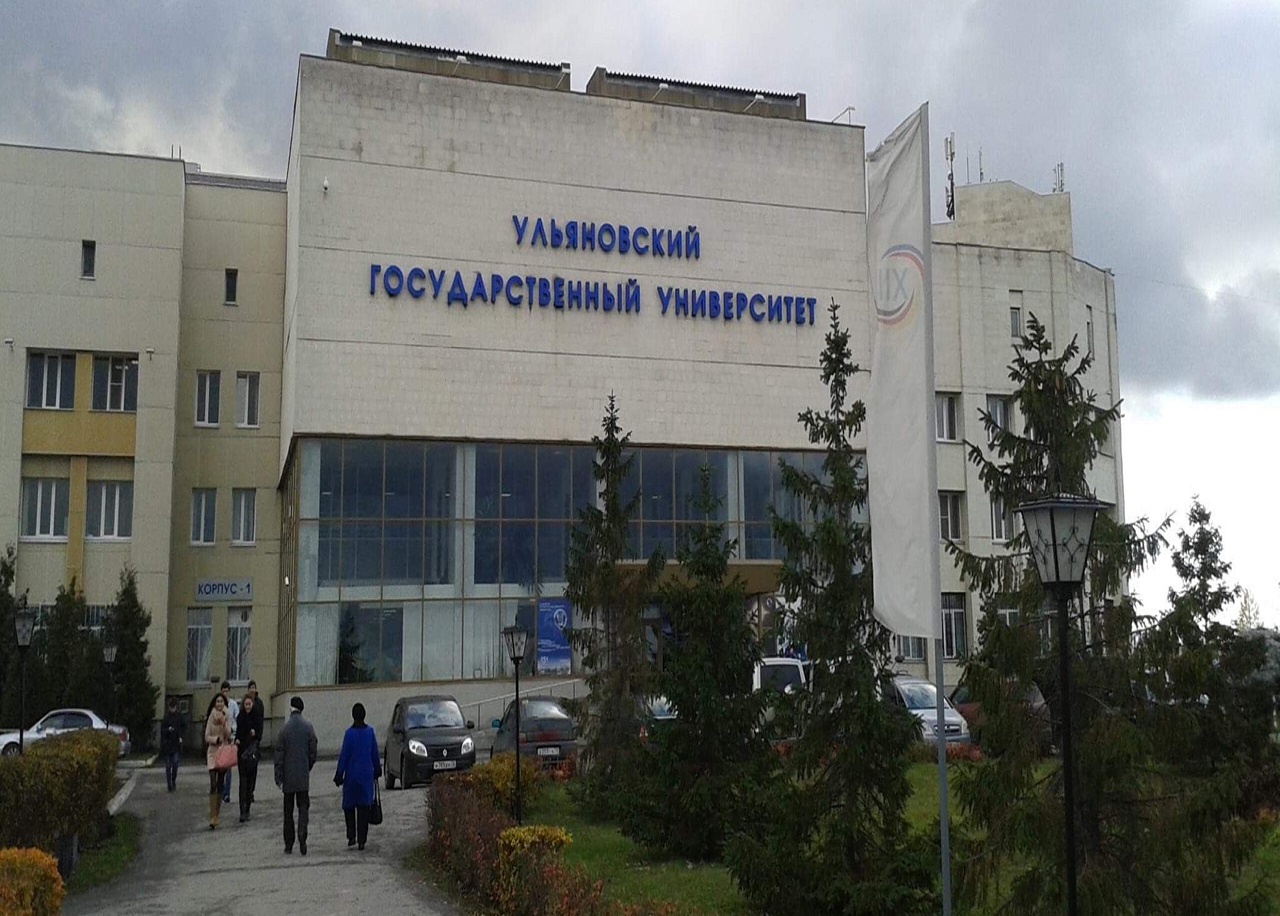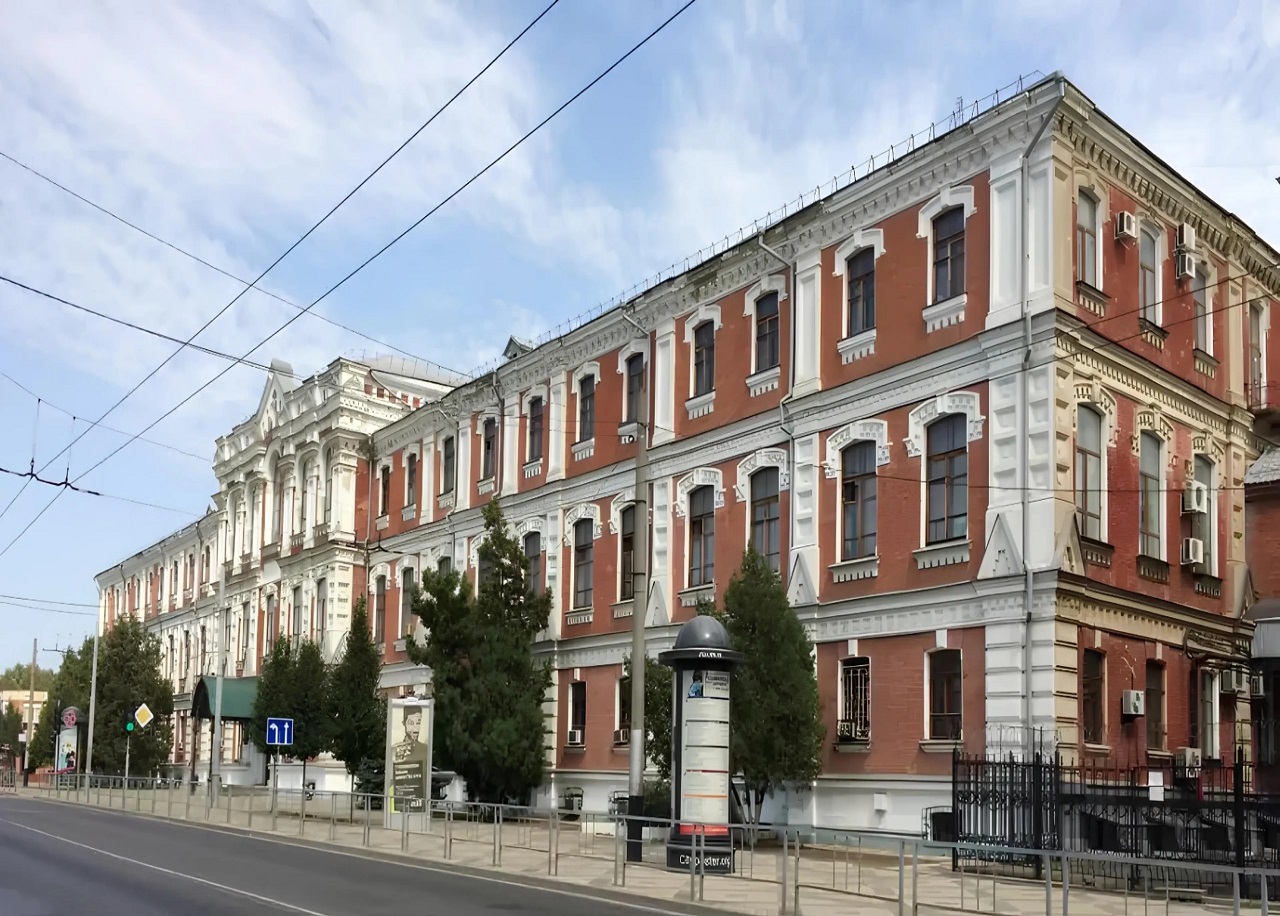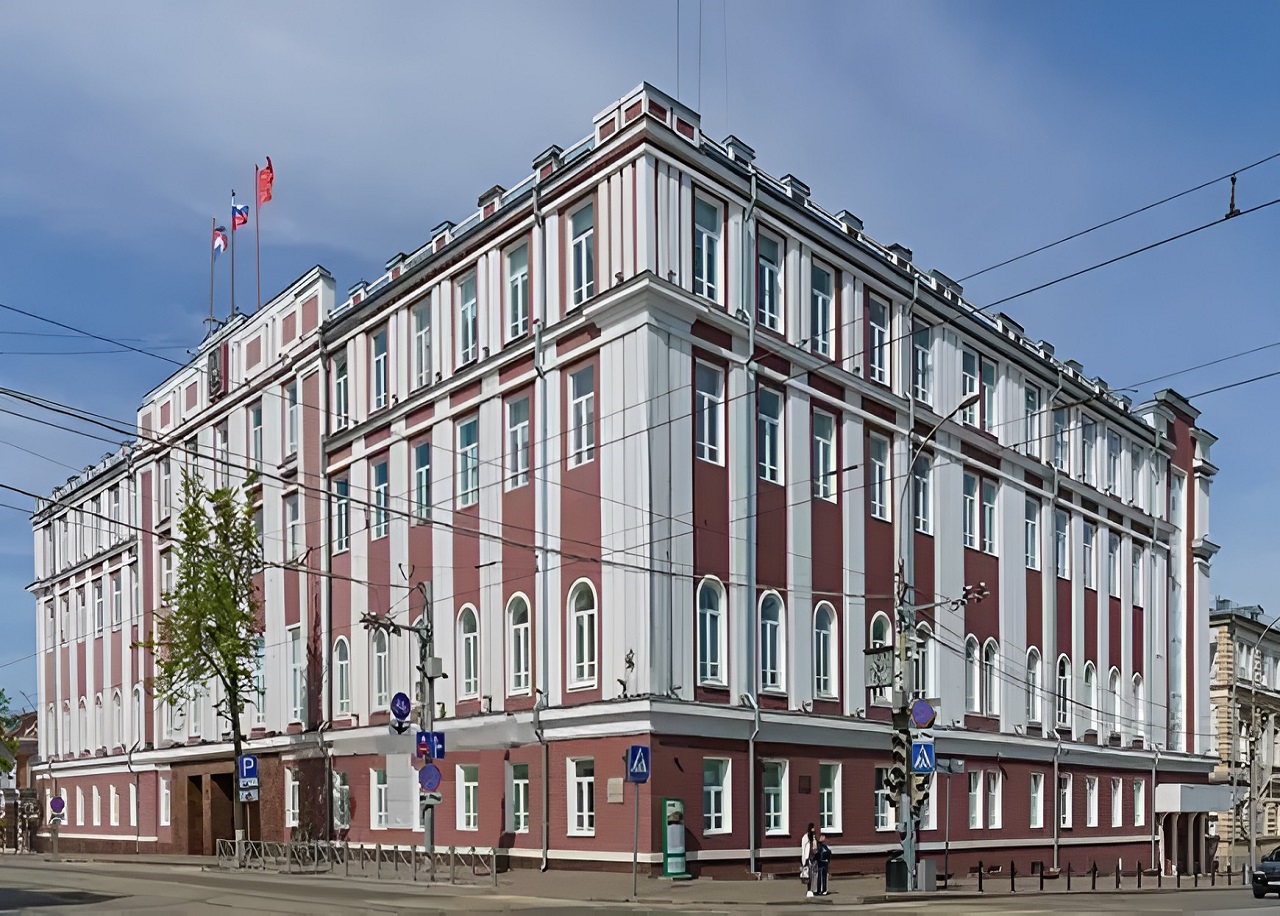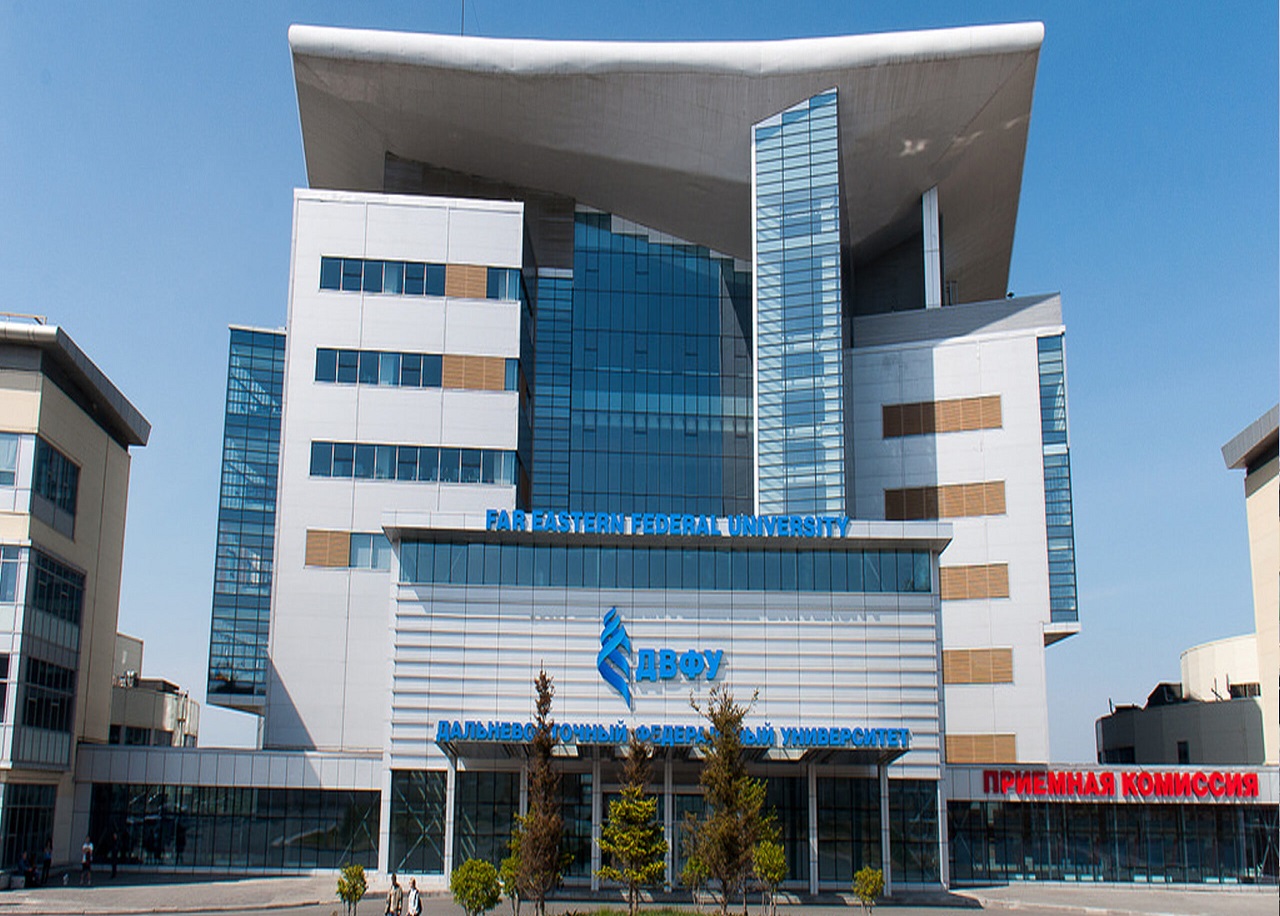University Overview
Mari State University, founded in 1972, is a prestigious public institution located in the capital city of the Mari El Republic—Yoshkar-Ola, Russia. Established under the Ministry of Science and Higher Education of the Russian Federation, it has grown into one of the top 100 universities in the country. The university gained significant recognition after receiving the European Quality Gold Medal in 2009, and its Rector, Dr. Vitaly Makarov, was honored as the "Best Rector" the same year. These achievements reflect Mari State University's dedication to academic excellence and its strong position among Russian medical institutions. It has become a preferred destination for international students, especially Indian aspirants, seeking to pursue MBBS abroad at an affordable cost.
Mari State University offers an ideal environment for medical education, featuring seven academic buildings, eight well-furnished dormitories, and a massive library with over 1.1 million books and 529 reading seats across seven rooms. The university promotes student involvement in decision-making through a responsive feedback system. It also emphasizes career readiness by maintaining over 100 active contracts with potential employers and expanding collaborations with strategic partners. The faculty includes over 500 academic members, including 100+ professors and doctors of science, offering high-quality education through modern teaching methodologies. With its strong academic infrastructure, student support, and emphasis on global opportunities, Mari State University is an excellent choice for MBBS in Russia.

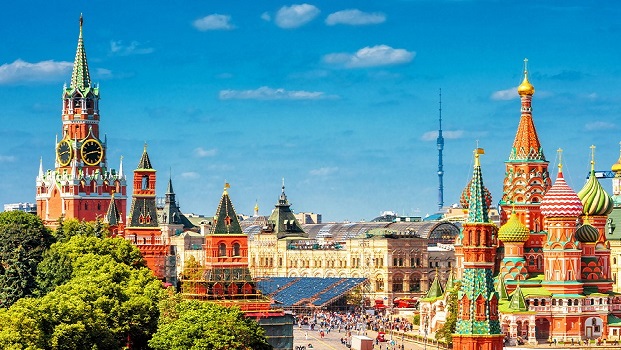
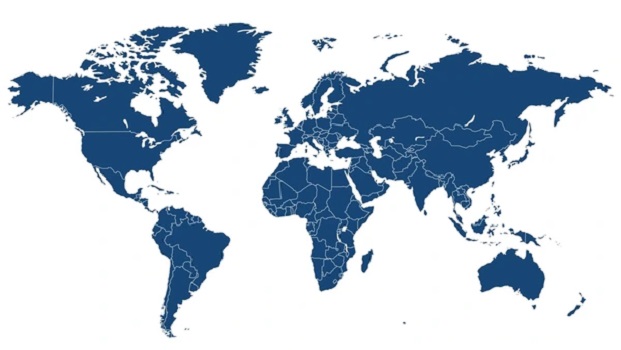






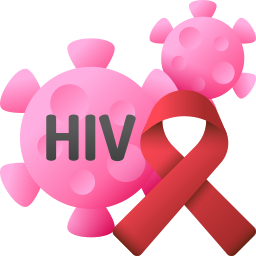
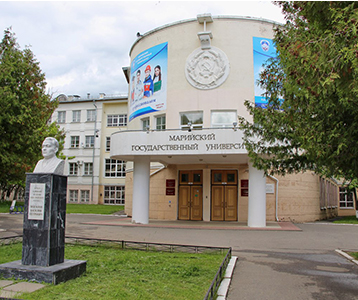
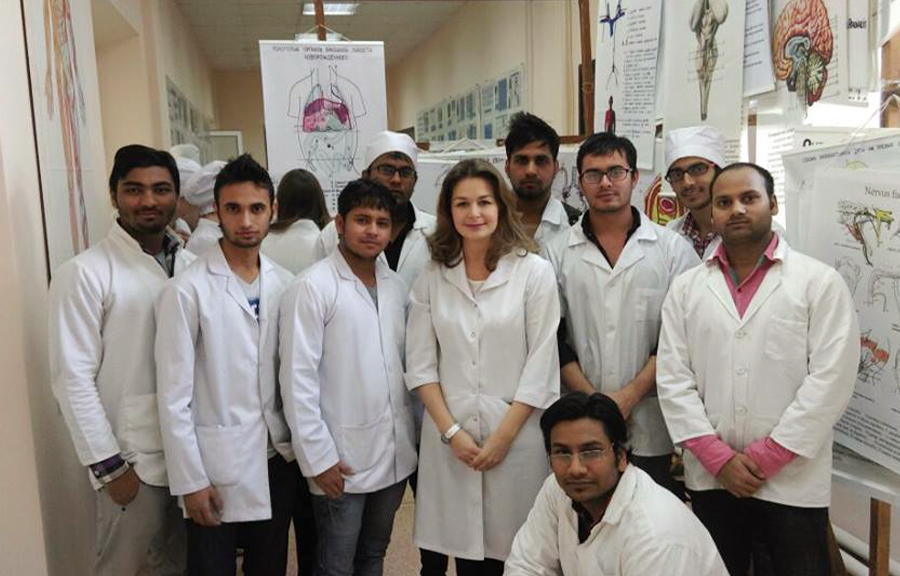
.jpg)
.jpg)
